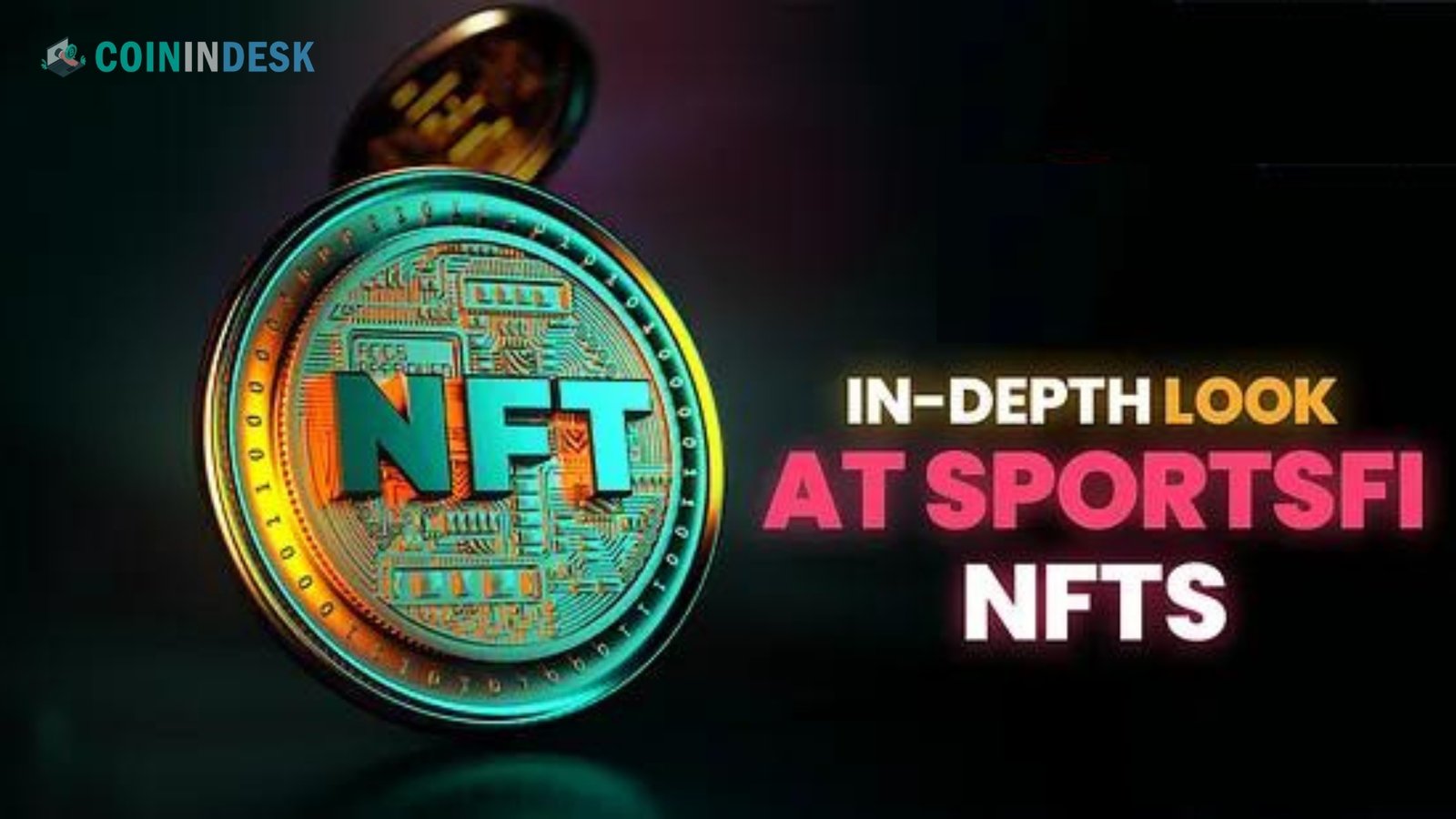What is SportsFi? Blockchain technology has expanded out of its humble beginnings in the cryptocurrency industry and is now pervasive across many other sectors. Its slow rollout has the potential to revolutionize user experience and standard methods of digital transformation in certain industries, like sports finance.
In this article, Coinindesk examine blockchain technology’s potential benefits, how it can revolutionize data management, security, and fan interaction, and the obstacles to its widespread use in the sports industry.
Key Features of SportsFi
The word “sportsFi” incorporates both the “sports” and “DeFi” ideas. When put together, they form the basis of SportsFi, an approach to the sports business that applies DeFi concepts and principles. Thus, smart contracts and blockchain technology automate and simplify transactions while also making the sports fan experience more engaging and accessible financially. The main features of the combination of blockchain and Sports Finance are:
Non-fungible tokens (NFT)
Nonfungible tokens (NFTs) are digital assets recorded on a decentralized, immutable database (blockchain). In addition to the art and GameFi sectors, they also make it into the sports memorabilia market. Thanks to SportsFi NFT, sports fans may put their money into the business while also owning digital memorabilia of their favourite players or memorable moments. The rarity and authenticity of these items can be confirmed using DeFi technologies. A few examples of such things are autographed t-shirts, trading cards, game highlight movies, fan club subscriptions, and trading cards.
Fan Tokens
To boost involvement from fans, NFTs aren’t your only option. Fan tokens are another important aspect of both sports and money that serves the same purpose. Those lucky enough to hold them can participate in small-scale team decision-making and get their hands on special gear and materials. Clubs like Manchester City, Barcelona, and Paris Saint-Germain have offered fan tokens through DeFi platforms to provide their devoted followers with a new way to engage with their teams. And there are a few that even let fans in on exclusive club promotions and exclusive VIP prizes.
The Role of Tokenization in SportsFi
Tokenization is a key component of SportsFi crypto and plays a significant role. Tokenizing sporting assets entails turning physical assets into digital coins. With these, you may verify ownership of an item or trade on several platforms, among other things. Tokens can represent anything, from shares in a firm to tickets to a game or an autographed item from a favourite athlete.
Tokenization in SportsFi uses blockchain technology to lower the barrier between the fan and athlete communities, fostering greater understanding and camaraderie. By guaranteeing the genuineness of tickets and goods, it also lessens the possibility of fraud and counterfeiting. Also, for teams seeking non-traditional fundraising options, tokenization can be a lifesaver.
Benefits of SportsFi
- Decentralization of Sports Governance: Blockchain in sports provides open and tamper-proof voting systems where token holders can influence decisions without the involvement of traditional financial systems.
- Enhancing Inclusivity: The decentralized nature of the iteration of sports and blockchain not only increases fan engagement and trust in the financing of sports clubs but also influences its democratization, making SportsFi more inclusive and fan-centric.
- Financial Opportunities: Sports finance benefits not only the athletes themselves, with people investing a lot of money to support them. Fans can often benefit financially as well by investing in blockchain sports-related DeFi projects or trading NFTs or fan tokens on various exchanges.
Challenges of SportsFi
However, this innovative solution to integrating finance and sports is not without its challenges:
Token Price Volatility
SportsFi uses tokens that are notoriously volatile in value. Their vulnerability to market sentiment, crypto market fluctuations, and larger financial concerns make thorough research and analysis essential.
Regulatory Uncertainty
On the flip side, SportsFi projects may be unable to reach their full potential due to the stringent regulations around sports blockchain in certain nations. Because of this, everyone involved in the sports industry should proceed with care and research when dealing with cryptocurrency.
Predictions for the Growth of SportsFi
As blockchain technology for sports develops, deeper integration of SportsFi within the sports industry is on the horizon. Indeed, its bright future holds the promise of introducing a plethora of novel, ground-breaking solutions, such as enhanced security for cryptocurrency transactions in the sports industry and novel ways for fans to engage with their favourite teams. However, SportFi must first address the many technological issues and business needs associated with these solutions before it can accomplish this. Furthermore, it may require a considerable amount of time to accomplish that.


